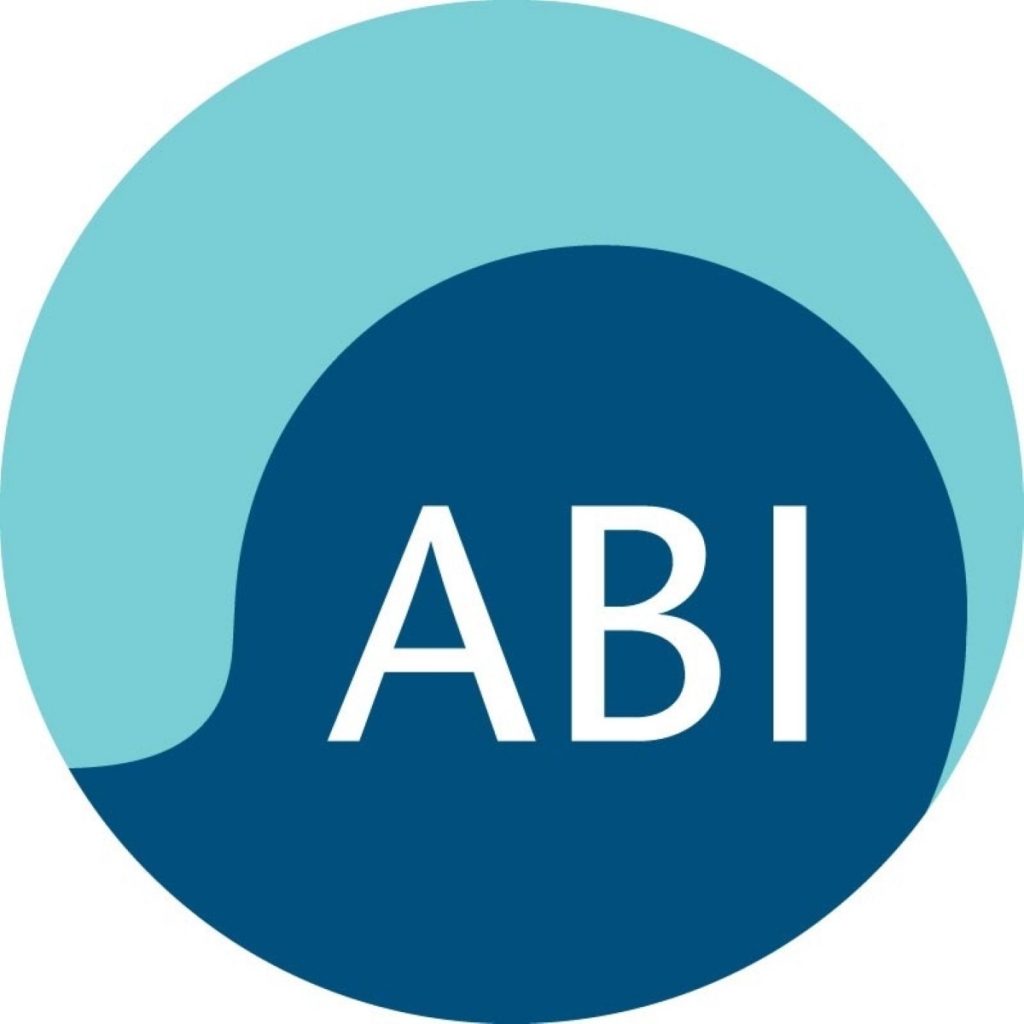ABI: Gloomy outlook as consumers fail to protect themselves against economic downturn
New consumer research commissioned by the ABI has shown that people are pessimistic about the current and future economic climate. Despite this, many are failing to consider protection insurance products which would give them financial support in the event of redundancy. The survey, carried out by YouGov on behalf of the ABI, showed that:
. 92% think that the economic environment is worse now than it was a year ago
. 82% expect the economic environment to worsen over the next 12 months
. 69% of respondents said they would not be willing to take out any protection insurance products in the future
Nick Kirwan, the ABI’s Assistant Director, Health and Protection Insurance, said:
“It is worrying that so many people are not prepared to look at taking out protection insurance, even insurance which covers redundancy given the uncertain economic outlook. It’s clear that we need to work harder to get the message across about the peace of mind and value that having the right protection insurance gives individuals and families. We recently published a consumer factsheet on protection insurance products. We hope this will encourage more people to consider protecting their most important financial assets – their income and their home.”
Rebecca Driver, the ABI’s Director of Research and Chief Economist, added:
“Confidence in the economy is deteriorating rapidly: 61% of people now think the economy is a lot worse than a year ago, compared to 49% in April. Only 5% expect the situation to improve in the next year. But people are less pessimistic about their own circumstances – while 9% feel a lot more concerned about the prospects of losing their job than they were three months ago, 13% actually feel a lot less concerned. However, only 31% think that they could cope financially with job loss. Given the economic outlook and the risk of rising unemployment, people need to develop strategies to protect themselves better.”
– ENDS –
Notes for Editors
1. Enquiries to:
Jonathan French 020 7216 7392 (Mobile: 07958 330 480)
Malcolm Tarling 020 7216 7410 (Mobile: 07776 147 667)
Erfan Hussain 020 7216 7411 (Mobile: 07712 841 184)
Kelly Ostler-Coyle 020 7216 7415 (Mobile: 07968 364 302)
2. YouGov surveyed 3,624 GB adults aged 18+, between 25 June and 1 July, on behalf of the Association of British Insurers. Further details of the survey results are as follows:
ECONOMIC CLIMATE
. Respondents are more pessimistic about the current economic environment compared with a year ago – 92% think it has worsened either slightly or a lot, whilst 82% expect it to further worsen slightly or a lot in 12 months time.
. 34% of respondents think that the risk of losing their money if they save with a bank or building society has gone up compared with a year ago (54% believe the risk is the same).
. On perceptions of compensation if a bank or building society went bust – 39% didn’t know that the Government had increased the amount people are guaranteed to receive if their bank / building society goes bust – though 34% knew that the amount of compensation had increased since Northern Rock.
UNEMPLOYMENT / FINANCIAL DISTRESS
. 61% of respondents thought they would fair quite badly or very badly if they were to lose their job tomorrow. Only 3% thought they would cope very well.
. When asked if unable to work for an extended period of time, which of the following would be relied upon to cover living expenses, the most common were: reduce expenditure on non-essentials (49%), state benefits (44%) and spend existing savings (43%).
. Where respondents were asked about protection products they hold, 50% said life insurance but 39% said none of the following: Life, PPI, MPPI, IP, CI. 69% of respondents said they would not be willing to take out any of these products in the future.
. With the cost of living rising, respondents were asked how they would expect to make ends meet in the coming months – 62% said they would reduce expenditure on non-essential items and 18% said they would spend existing savings. 22% of respondents said it wouldn’t be a problem (i.e. their income would fully absorb the rise in cost of living).
. In terms of the areas where respondents were willing to cut back their expenditure, eating out / pub (74%), cinema / theatre / books etc (63%), clothing (63%) and holidays (59%) all featured highly. Insurance products (7%) and pensions (6%) less so, while 25% of respondents said they would reduce the amount they contribute towards their savings and / or investments (other than pensions) and 19% would stop contributing completely.
3. The ABI factsheet on protection insurance is available on the ABI web site, www.abi.org.uk.
4. The ABI is the trade association for Britain’s insurance industry. Its nearly 400 member companies provide over 94% of the insurance business in the UK. It represents insurance companies to the Government, and to the regulatory and other agencies, and is an influential voice on public policy and financial services issues. ABI member companies hold up to a sixth of all investments traded on the London Stock Exchange, on behalf of millions of pensioners and savers.
5. An ISDN line is available for broadcasts.
Copies of all ABI news releases, together with other information from the Association, can be seen on our website http://www.abi.org.uk





-01.png)